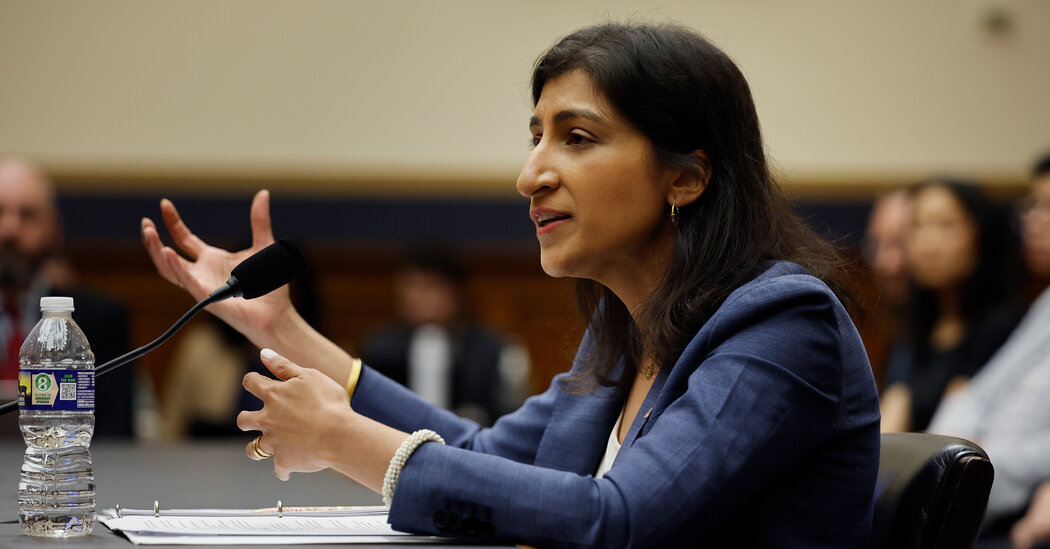- cross-posted to:
- news
- cross-posted to:
- news
In a report, the regulator sharply criticized pharmacy benefit managers, a reversal from its longstanding hands-off approach to policing the companies.
You mean adding more hands, each wanting their own cut; drives up prices?
Who could have guessed.
This is the best summary I could come up with:
The three largest benefit managers — CVS Health’s Caremark, Cigna’s Express Scripts and UnitedHealth Group’s Optum Rx — collectively process roughly 80 percent of prescriptions in the United States.
But in recent years, the industry has grown more consolidated and has taken more control over how patients get their medicines, in a shift that critics say contributes to driving up drug costs.
“In fact, the market for pharmacy benefit companies is dynamic, diverse and has only become even more competitive,” the industry’s main lobbying group said in a statement last year.
For example, it pointed to an important line of business — the companies’ affiliated pharmacies, including warehouse-based operations that send prescriptions through the mail to patients.
The benefit managers have “done a very skillful job in avoiding regulation,” said David Balto, an antitrust lawyer in Washington who worked at the commission during the Clinton administration and is a sharp critic of the intermediary companies.
With a more expansive view of anticompetitive harm than her predecessors, Ms. Khan has been aggressive in taking on big business across industries including tech, supermarkets and pharma.
The original article contains 822 words, the summary contains 183 words. Saved 78%. I’m a bot and I’m open source!


